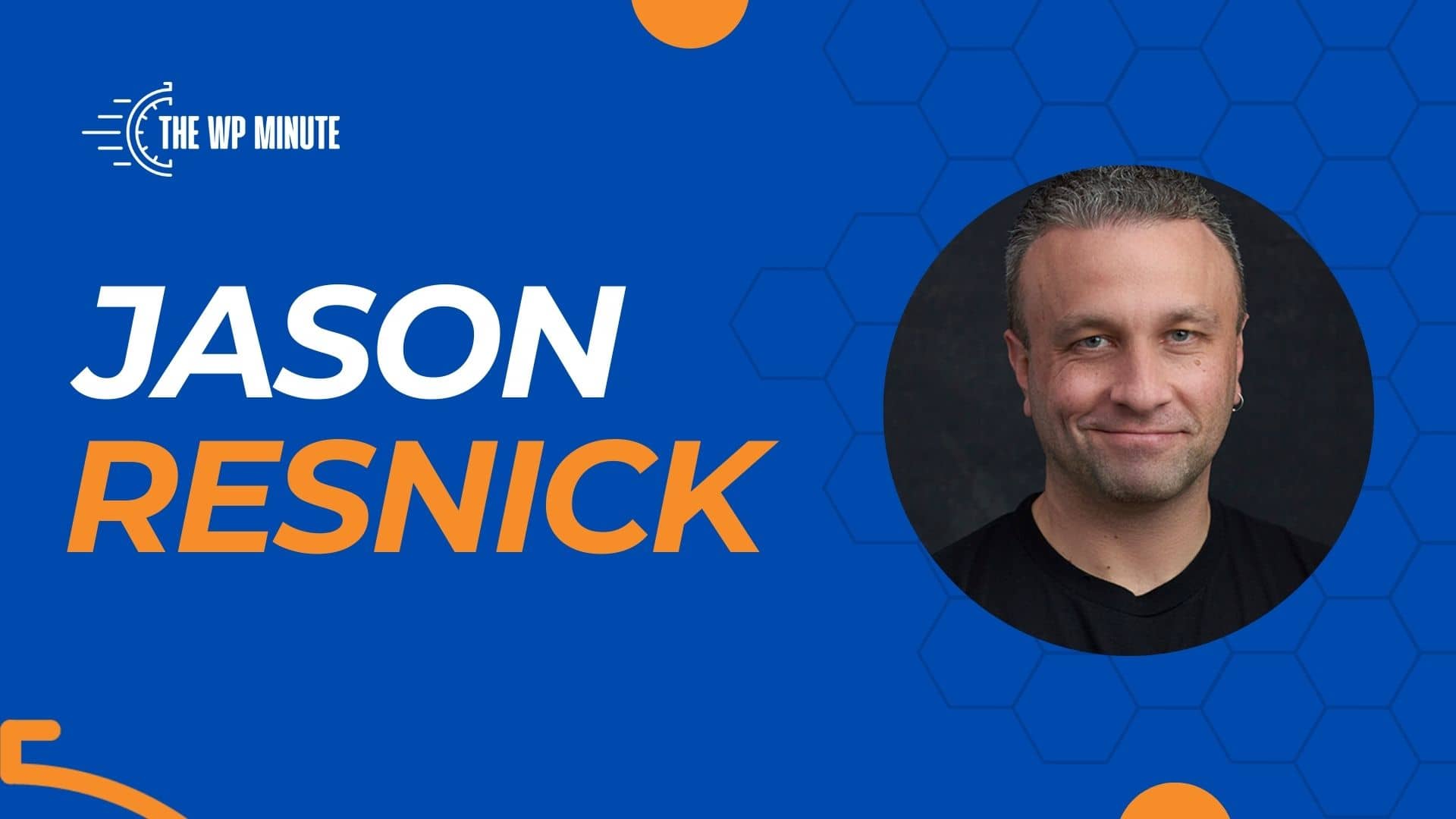WordPress is an open-source project. As such, the software isn’t marketed the same as its proprietary competitors. Meaning you won’t see ads for it during your favorite TV programs.
It’s a key differentiator. Site builders like Wix and Shopify are more traditional companies. They have marketing budgets and professionals to devise strategies. Shopify’s market share is growing at a faster rate than WordPress. Granted, WordPress maintains a commanding lead.
So, how does WordPress compete? Project Executive Director Josepha Haden Chomphosy has an idea. She proposed a new Media Corps.
It’s been billed as a repurposing of the WordPress Marketing Team. The goal is to facilitate information sharing between the project and media outlets. Chomphosy pointed to independent media (like The WP Minute) as a vehicle to reach the public.
It may be part of the solution. But the task at hand is monumental.
Let’s take a look at the challenges of marketing WordPress. How do we reach the masses? And how do we get the community on the same page?
The Many Complications of WordPress
WordPress has a unique project structure and a niche audience. The content management system (CMS) powers over 43% of websites. But that doesn’t mean millions of people follow its every move.
Freelancers, entrepreneurs, and users seem to be the primary audience. These folks work with WordPress and build their business around it. Or they tinker with it while building a personal brand.
The project structure is…complicated. Yes, WordPress is open-source. People volunteer for roles in various parts of the project. But there are also sponsored contributors and a co-founder running a related commercial entity.
This tangled web of interests, combined with a relatively small community, takes traditional marketing off the table. In other words, who’s going to fund that Super Bowl ad? Who would even approve of that type of undertaking?
The companies behind Squarespace and Webflow don’t have such roadblocks. They can market their products in any way they see fit. And they have a linear path to reaching the public.
WordPress is popular despite these complications. But it’s far from a mainstream name. Those outside of our community only discover WordPress when they need it. For example, when they hire someone to build their website. Even then, they’re on a need-to-know basis.
In that context, its market share is even more impressive. It’s akin to that ragtag group of rebels in Star Wars. We’re banding together to make the universe web a better place.
Who Are We Marketing to and Why?
We’ve established the disadvantages WordPress has when it comes to marketing. Now, let’s dig into the next part of the equation. We need to figure out who we’re marketing WordPress to and why.
Again, we’re not talking about a typical product. Project co-founder Matt Mullenweg has referred to WordPress as the “operating system for the open web”. That makes sense on the surface.
But the people visiting your website don’t see WordPress. It’s not the same as using Windows or iOS. Users interact directly with those systems. We only see WordPress in the back end.
Maybe the average person doesn’t need to know what WordPress is. No more than they need to know the company who built the Wal-Mart down the street. As long as the website works, what do they care?
WordPress has reached massive usage numbers because of web professionals. Designers and developers choose it for their projects. They convince clients that it’s the best tool for accomplishing their goals. That’s why the software powers everything from brochure sites to enterprise installs.
It’s the big agencies and solo freelancers. It’s the theme and plugin makers who build the WordPress ecosystem. It’s the DIY users that want to pave their path to success.
WordPress would languish without their participation. In my opinion, they’re the target to focus on.
Selling WordPress to the Next Generation
WordPress is in a strong position with its current market dominance. Sure, growth has hit a bit of a ceiling. Then again, perpetual growth isn’t realistic. Not with wealthy competitors trying to chip away at the leader.
Still, nothing lasts forever. The current generation of web professionals might be WordPress fans. But what about the next generation?
The reality is that the long-time community members are getting older (myself included). We’ll be gone someday. People coming into the industry may not see WordPress as we do.
Perhaps they’ll be more inclined to go with a competitor. They see the ads and are more familiar with the product. Slowly, more sites will switch. And that could leave our beloved CMS struggling for relevance.
A concerted effort to reach young people could help. Here are a few possibilities:
There’s a lot of talk regarding the enterprise sector. That’s important for keeping WordPress on top. But we also need to sell to the next generation of companies. Young entrepreneurs must be a part of the solution.
It’s up to us to create the next wave of WordPress fans. We’ll need help and guidance, though.
Turning Ideas into Action
The last part is making things happen. That’s no small challenge. The WordPress Marketing team has offered plenty of ideas. They haven’t always received the support or resources they need, however.
We’ve seen frustration from members. That’s understandable. And things must change if WordPress marketing is to be successful.
Project leadership needs to step in and set clear goals. From there, provide contributors with tasks that lead to progress. People need to feel like they’re making a difference.
An open dialogue is a good start. That’s what we’re seeing with the Media Corps proposal. In addition, it should include representatives from all over the ecosystem.
We can then determine the best approach to this challenge and empower people to see it through.
The Media Corps seems like a small-but-necessary step. Here’s hoping it leads us to a more uniform effort.
WordPress is powerful. It has changed lives. We need to let the world know about it.
Join The Newsletter
Get your favorite 5 minutes of WordPress news for busy professionals every week — 100% Free! Join the WP Minute Newsletter below 👇






